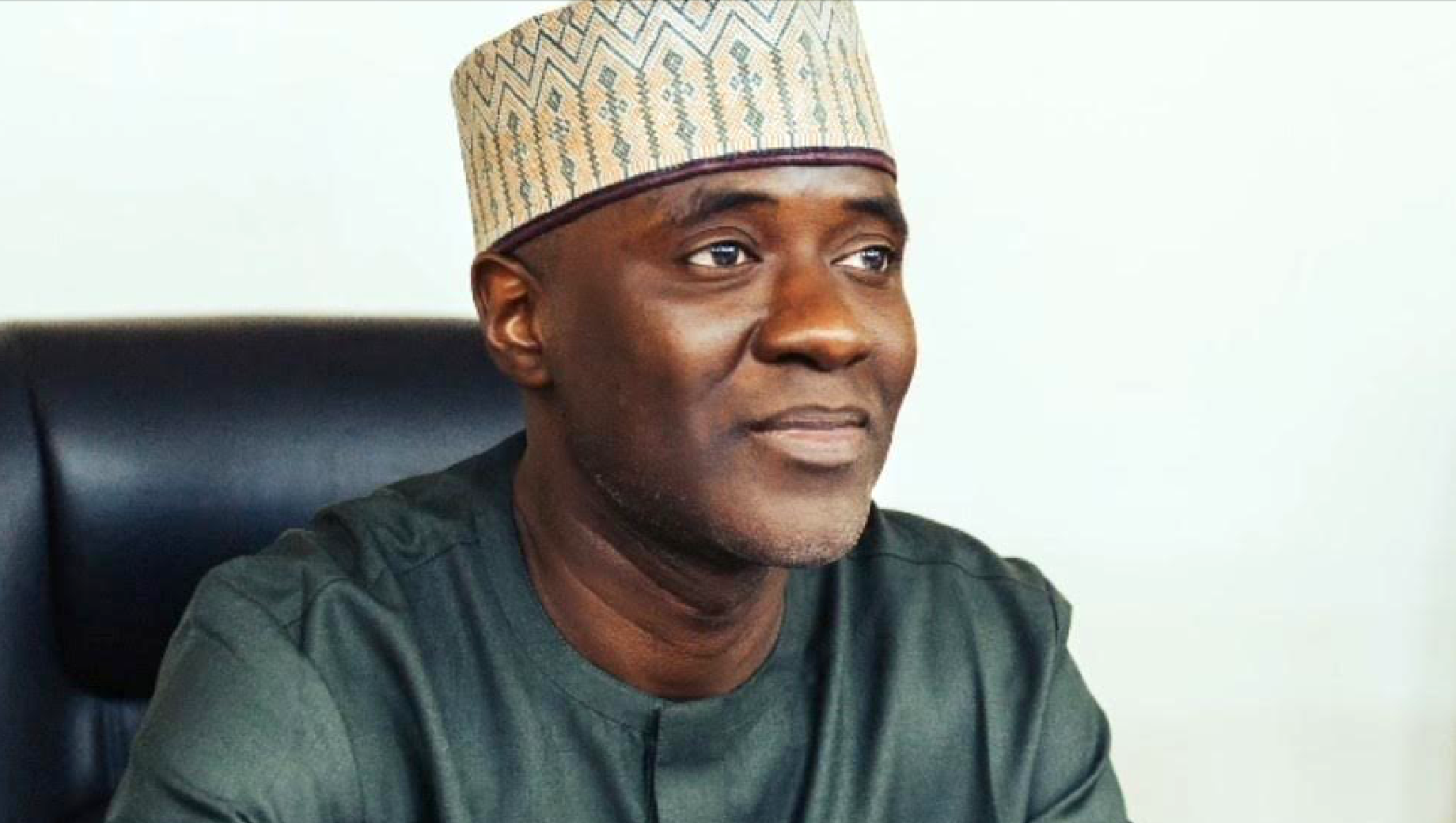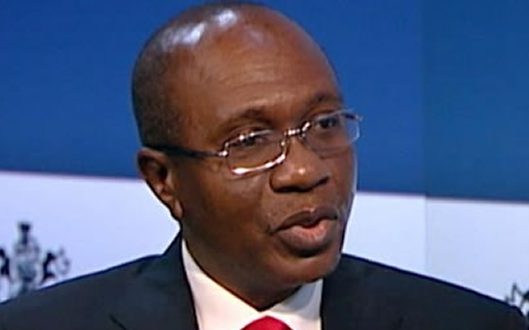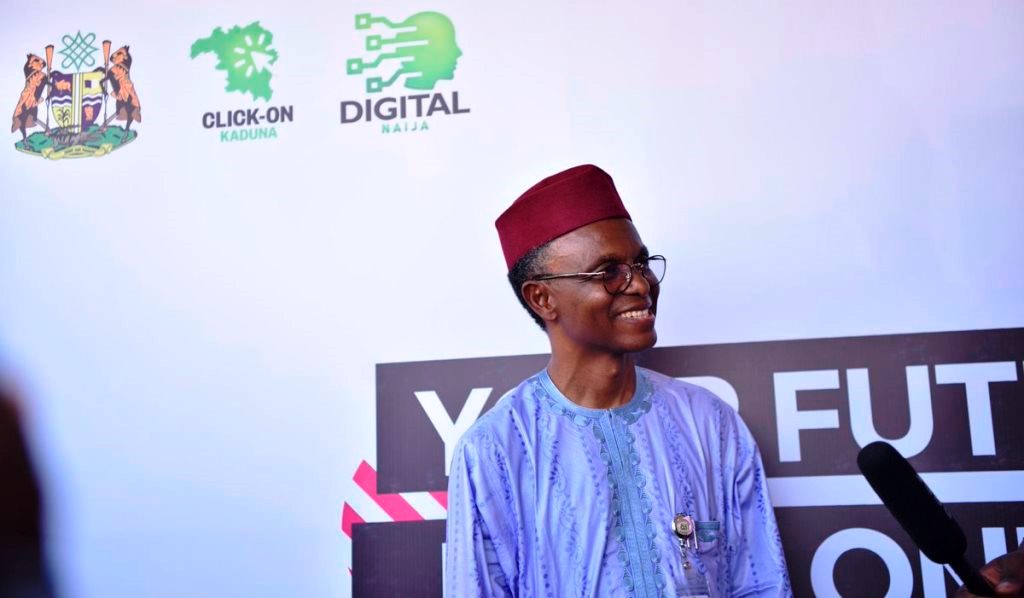The Federal Government says it is putting sustainable mechanisms in place to build a $1 trillion economy by 2030 through financial inclusion.
Sen. Ibrahim Hadejia, Deputy Chief of Staff to the President, Office of the Vice President disclosed this on Thursday in Benin.
Hadejia spoke at the 8th Annual National Conference of The Association of Mobile Money and Bank Agents in Nigeria (AMMBAN).
Hadejia said that the mechanisms were expected to bridge the gap between the rich and the poor.
He was represented by the Technical Advisor to the President on Economic and Financial Inclusion, Abubakar Zauro.
Hadejia assured that the government was committed to pursuing economic and financial inclusion with all sector players to achieve its goals.
“As we seek to achieve this milestone, financial inclusion is at the heart of our economic agenda.
“This is ensuring that all Nigerians, regardless of location, gender, or socioeconomic status are not only included but also empowered in our financial system.
“This has been made evident in the administration’s effort to boost access to credit for micro, small, medium, and nano enterprises (MSMSNE), and various other programmes.
“These programmes are targeted at enhancing inclusive growth through economic and financial inclusion,” he said.
Hadejia disclosed that a review of key financial inclusion data revealed that substantial progress had been made, with around 26 per cent of the adult population, primarily women, rural dwellers, and small business owners.
“As we work toward our 2030 economic goal, it is critical that we focus on narrowing these gaps.
“This is where Neighborhood Financial Inclusion Centers (NFIC) play a pivotal role at providing a one-stop shop for financial services in excluded communities.
“Through proactive partnerships with government and financial institutions, these centres will address both the physical and digital barriers that prevent millions of Nigerians from accessing essential financial services especially amongst the economically poor to improve their resilience against economic shocks,” he said.
He called for a collaborative approach by all key players to presents a better chance to improve the adoption of innovative products and services to serve the people.
In his goodwill message, Edo Governor, Godwin Obaseki, noted that AMMBAN played vital role in promoting financial inclusion, as it bridged the gap in financial accessibility, and drive economic growth in Nigeria.
Obaseki, represented by the Permanent Secretary, Ministry of Finance, Mr Bernard Aigbe, commended the association for providing efficient and innovative financial services to underserved communities.
The governor disclosed that his administration had created an environment conducive for businesses to thrive, promoting economic growth, and improving the lives of citizens.
Also speaking, Philip Ikeazor, Deputy Governor, Central Bank of Nigeria (CBN), described financial inclusion as more than a policy goal, but a pathway to economic empowerment, poverty reduction, and sustainable development.
He noted, however, that in spite of the progress in urban areas, rural regions continued to lag behind in financial inclusion.
“As we move forward, we must ensure that no one is left behind. Together, we can create a future where every Nigerian has access to the financial tools and services they need to thrive,” he said.
Earlier in his welcome address, National President of the association, Sarafadeen Fasasi, noted that the conference was unique as it was meant to match data on access to financial inclusion with actions.
Fasasi added that the conference also provided opportunity for all participants to know what actions were being taken by all financial inclusion stakeholders.
“As at the last EFinA report in 2023, financial inclusion was at 64 per cent but on the ground, over 300 local government areas in Nigeria are without bank branches (AMMBAN Survey, 2024).”
“AMMBAN introduced a one-stop shop for financial services, offering NIN, BVN, account opening, card issuance, Sim registration, savings, credit insurance etc, across the excluded local government areas,” he said.
According to him, data showed that Nigerian banks lost N42.68 billion to fraud in in the second quarter of 2024, and most were traced to agent locations through the use of stolen cards or phones, fake alerts, ransom cashout.
To combat that, he said his association introduced an automated verifiable identity card for agents and launched a joint Task Force (JTF) in conjunction with the office of the Inspector-General of Police and other security agencies.



